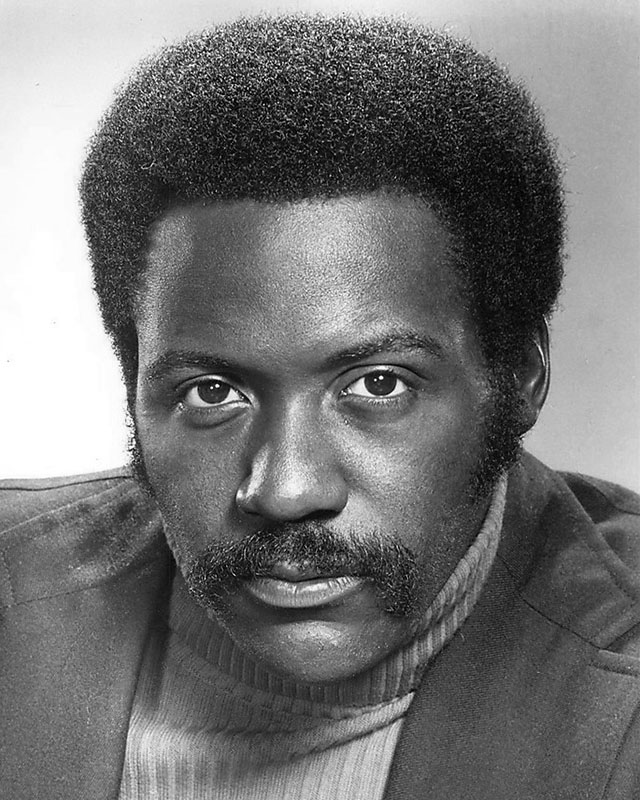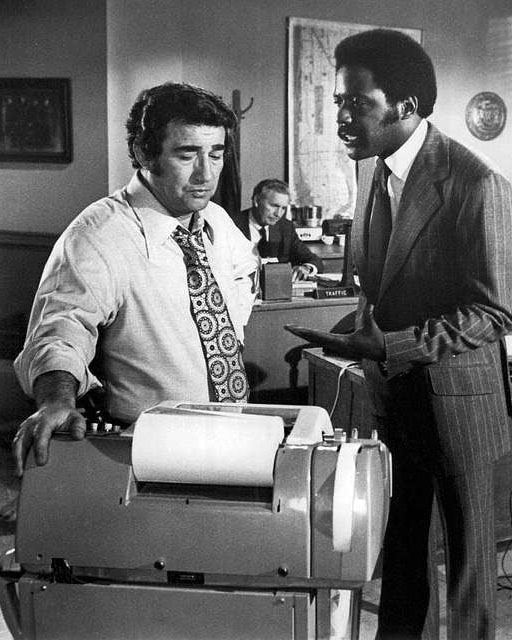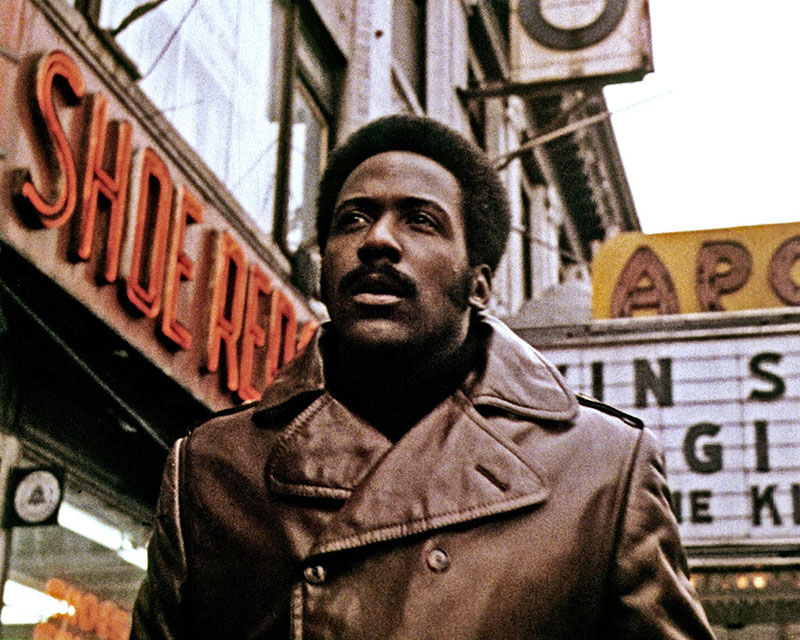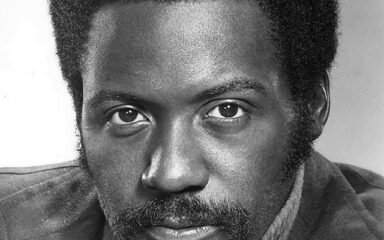
Last week, we met Justin, the super-elaborate personification of a brand I’ve worked with in the past. And I promised our buddy Justin, believe it or not, has a lot to do with the (ever-ongoing, oft-vehement) debate about the alleged difference between copywriting and content writing.
So:
Justin is great to work with, and so flexible. On the website, he’s clear and authoritative but accessible — he really wants you to understand what he’s talking about. In blog posts, he’s a little more accessible and a little less authoritative — you always feel like he respects you and is talking to you and not down to you. (When it’s a byline elsewhere, he does lock it down a bit to make sure he’s appropriately professional on someone else’s turf.)
In his ads, he’s Fun Justin. He’s One and a Half Beers Justin. He jokes. He gets a little talky, often about himself, but you don’t mind because he’s still fun. Sometimes it makes you like him even more. Justin is never mean, or Too Much — he’s easy to talk to, easy to listen to, easy to trust, and easy to respect, and all those things are real, authentic Justin. Any time you run into Justin, you feel like he’s being himself. And you really like himself.
And yes, Justin is a versatile guy. He contains multitudes. But Justin is not an actual person. He’s the creation of a marketing team based on the assorted qualities of a brand. His existence is the work of art directors and writers bringing him as close to life as a fictional character is going to get.
And to write a compelling Justin, those writers will have to also contain multitudes.
The whole point of coming up with an brand persona (or a crazy-detailed brand personification) is to establish a unified expression of the brand so as to reach, convince, and ultimately convert potential customers. It’s one brand, one goal, one voice, and apparently two completely distinct ways of getting there.
Job titles are not destiny.
I’m not going to push back on the inarguable logic of assigning job titles — hand someone the blog posts, someone else the web copy, someone else the ads — for efficiency in delegating work. But we have a tendency to turn those titles into isolated fields, totally distinct, never the twain shall meet. It’s a natural human instinct, to sort and draw lines and (over)simplify, but it doesn’t serve us as writers.
Copywriting supposedly exists to convert, and content writing ostensibly exists to inform, educate, and/or entertain. Copywriting sells, content writing builds relationships. Copy uses emotion, content doesn’t. Content is long form, copy is short form, except when it’s long form. Copywriters and/or content writers do social media, depending on who you talk to. One or the other uses storytelling, depending on who you talk to. Both use brand voice, but in different ways, and if you don’t already know how I’m not going to tell you.
Cool.
The copywriting-vs.-content-writing debate consistently conflates the tasks we perform with the things we do. It acts like those titles that help us sort out the work are walls that define what we do as creative professionals. But those are just walls we build ourselves. In the end,
We are all Justin.

When you’re writing blog posts for Justin, you aren’t just trying to inform and/or educate and/or entertain — you’re helping your audience get to appreciate his knowledge and trust him with a deeper relationship, want to reach out to him, learn more about him, even come to him with their problems.
When you’re writing ads for Justin, you aren’t just trying to sell people stuff — you’re letting them not just know him better but want to know him better. Because he’s fun now but also promises to be smart and respectable. Or because he seems to really get you and care about the things you care about, and that makes it easier to trust him.
Justin isn’t some schmuck who only talks about himself — he wants to have meaningful conversations with you. He’s not some blowhard — he’s smart and interesting and makes you want to spend time with him. His entire goal isn’t to sell you things — in fact, very little of what Justin does is directed toward closing any kind of deal, because no one wants to spend time with that guy.
When you’re writing for Justin, job title notwithstanding, you’re not trying to sell. The vast, vast majority of the time, you’re drawing your customer in and guiding them to a place where they ask to buy things from him. And the work you’re doing isn’t discrete or divisible into buckets. The buckets only come out is when you sit back from the work and shift your thought process to drawing lines and circles.
Contain multitudes.
Those arbitrary divisions do nothing but hinder us in our job. If a copywriter thinks their job is only to sell and not to build relationships, they’re going to slap an emotional appeal on top of some sales blather for an ad that doesn’t connect to the needs of the audience.
If a content writer thinks their job is only to inform/educate/entertain, and not evoke an emotional response and compel the reader to action, they’re going to write a post that informs the reader but doesn’t compel them to become more deeply engaged with the brand.
If a copywriter ignores storytelling because it’s supposed to be a content thing, they’re missing out on a way to make web copy more than just informative. If a content writer ignores it because it’s supposed to be a copy thing, they’re missing out on a way to make a podcast that really hits home with the audience.
Shouldn’t ads build trust and credibility? Shouldn’t blog posts engage and capture attention quickly? Shouldn’t product pages be SEO-friendly? Shouldn’t infographics be brief and engaging? Those stunning, emotionally exploitive Chevy ads — are they copy, because they’re ads, or content, because they’re long and aren’t focused on conversion? Would stapling a CTA onto the end make the ultimate difference?
This is not me saying copywriting and content writing could be the same or should be the same. It’s me saying they already are.
No true Scotsman.

Yeah, I know this part is, arguably, logically fallacious. It’s my blog. Don’t @ me.
If you’re a copywriter or a content writer and you’re good at your job, I can guarantee you’re being both, no matter what a dozen variations on the same infographic are trying to tell you. I’m not going to demand you say it out loud or anything, but in your heart, you know it’s true.
If you’re a copywriter or a content writer and you’re not being both, maybe because one of the variations of that same infographic told you not to, I can guarantee you’re missing out on a crucial element that could help you be better at your job. Whispering that to yourself is that’s the first step in expanding your skillset and your self-image and really becoming something awesome.
Embrace it. Live it. Love it. Copywriting and content writing are one and the same. Copywriters have the skillset to write content. Content writers have the skillset to write copy. You’ve had the power all along.
And, of course: Baby Creatives
I have been, historically, a strong advocate for the Baby Creatives. And where this debate is concerned, I’ve seen so many promising aspiring writers wringing their hands over whether they should become copywriters or content writers, talking about how they love doing both and hate to have to choose. Listen to me, Baby Creatives: You don’t have to choose. What you have in you is enough to grow into the career you want, so don’t let some arbitrary distinction stand in the way of you getting paid for doing what you love.
You might have to tweak your resume accordingly when you apply for a job named “Content Writer” vs. a job named “Copywriter” (because we’ve also convinced clients there’s a distinction between content writing and copywriting), but it’s still you. It’s still all of you.
Do it for your career prospects. Do it for your professional development. Do it for the love of the craft. Do it for yourself.
Do it for Justin.
*I offer my sincere apologies to Richard Roundtree, Isaac Hayes, and the cast and crew of Shaft. I started googling for images for this post and things got wildly out of hand.

